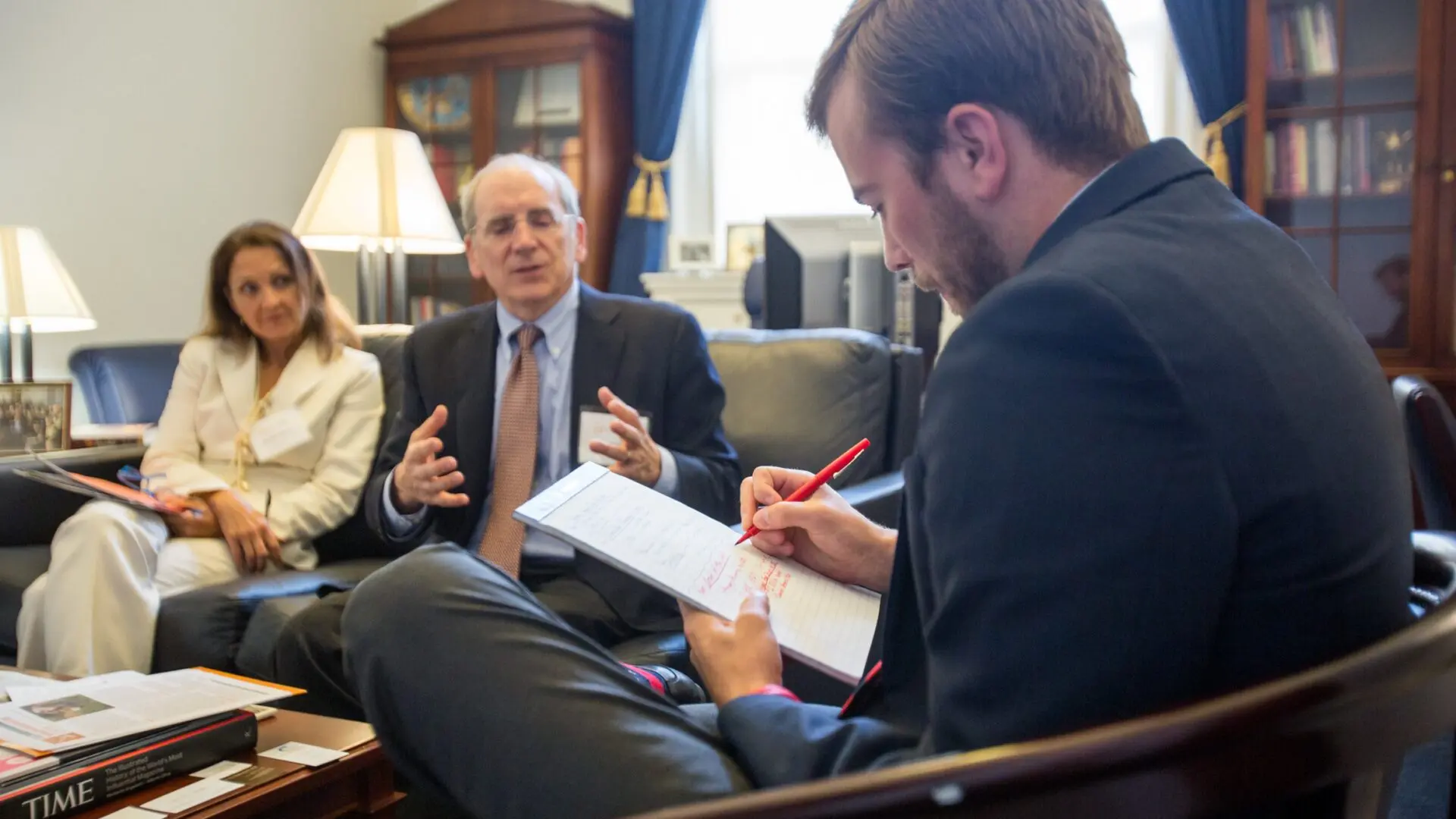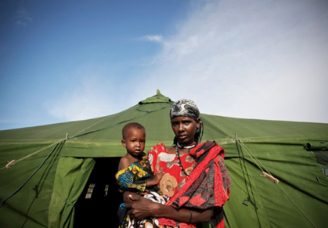
Our Impact
Since our founding in 1974, Bread has achieved many victories. Through nonpartisan political engagement, we’ve helped strengthen national nutrition programs, drastically reducing hunger in the U.S. and around the world.

SNAP
SNAP is one of the most efficient and fraud-free government programs. Yet most people only receive SNAP benefits for a short period during hard times, even though the average SNAP household has a gross monthly income of $813. Bread for the World has worked to make sure this safety net is always available when a crisis hits, such as the COVID-19 pandemic or a country-wide recession. As a result, every month more than 41 million Americans are directly impacted by the increases in access, eligibility, and benefits that Bread for the World has advocated for in SNAP.

Child Tax Credit
In 2017, Congress passed tax changes that meant 11 million children in U.S. households with the lowest incomes received no improvement in the Child Tax Credit, while households earning as high as $400,000 received large increases. Bread for the World’s efforts to expand and extend the Child Tax Credit amid the COVID-19 pandemic helped reduce childhood poverty in the U.S. by nearly 45 percent. Congress updated the Child Tax Credit in 2021 to make it more accessible to lower-income households and 46 million low- and moderate-income households were impacted. Researchers found that 90 percent of low-income families who received the monthly Child Tax Credit payment used it to pay for immediate basic needs, such as food, clothing, rent, and utilities. Bread for the World’s advocacy for the Child Tax Credit helped reach 65 million American children; childhood hunger in the United States was nearly cut in half.

Global Malnutrition Prevention and Treatment Act
The bipartisan Global Malnutrition Prevention and Treatment Act (H.R. 4693) passed in September 2022, and Bread for the World was instrumental in making it happen. Set to impact tens of millions of children and women around the world, the bill will help existing U.S. global nutrition programs become even more effective. It will also strengthen support for countries in their national efforts to prevent and treat child and maternal malnutrition.
Bread worked with the congressional champions to draft language in the bill, guide it through committee, and helped ensure its final passage. Thousands of Bread members contacted their congressional delegations to urge them to cosponsor and support the legislation.
In 2019, the U.S. government reached more than 27 million children with nutrition programs. With the passage of the Global Malnutrition Prevention and Treatment Act, that number will grow significantly. The bill brings greater strategic vision, effectiveness, and accountability to the United States’ existing global nutrition efforts and will help mitigate and prevent future hunger and malnutrition crises. The legislation will also improve coordination within the U.S. government and with partner countries, to ensure assistance gets to the children and families who need it most.

Global Food Security Act
The Global Food Security Act promotes global food security, resilience, and nutrition by working across agricultural value chains to expand farmers’ access to local and international markets. It supports Feed the Future, the U.S. government’s food security initiative targeting a small set of focus countries in Asia, Central America, and Africa based on need and other factors. Because of Bread’s advocacy that enables the Global Food Security Act to pass on a bipartisan basis, Feed the Future has been operational since 2010. In its focus countries, 9 million more people are living above the poverty line, 1.7 million more households are free from hunger, and 1.8 million more children are free from the devastating effects of stunting.
